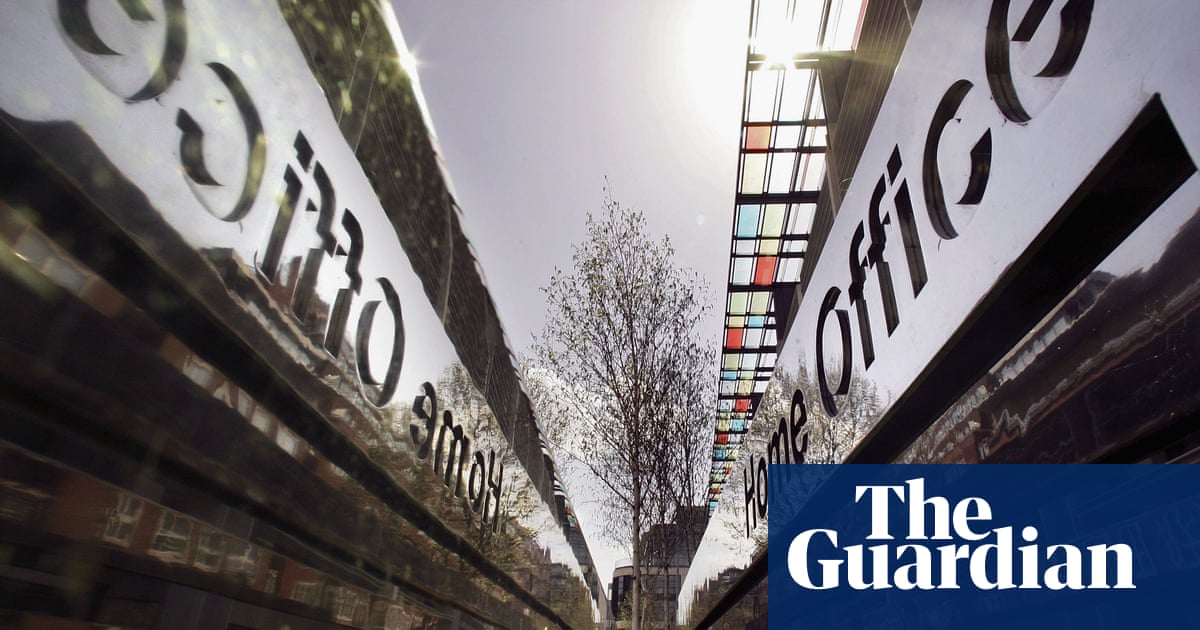
Banks have been fined $9 billion for trying to rig Libor, a measure of borrowing costs among lenders
Risk-free rates are considered harder to manipulate as they are based on actual market transactions
LONDON: Banks must show how they plan to shift from using Libor in financial contracts to “risk-free” interest rate benchmarks by the end of 2021, Britain’s markets watchdog said on Thursday.
Banks have been fined $9 billion for trying to rig Libor, a measure of borrowing costs among lenders, and the Bank of England (BoE) has launched a supposedly risk-free alternative, its SONIA overnight rate, for use in contracts.
Risk-free rates are considered harder to manipulate as they are based on actual market transactions, as opposed to quotes submitted by “panel” banks to compile Libor.
But switching long-term contracts to SONIA is proving difficult in some cases, as Libor rates can stretch out several years rather than just overnight to price trillions of dollars in contracts globally from home loans to credit cards.
“The absence of ways to remedy the current underlying weakness in Libor – the lack of transactions, the unattractive prospect of Libor limping on with fewer panel banks, and the significant problems associated with a synthetic Libor, all lead to the same conclusion,” Financial Conduct Authority (FCA) Chief Executive Andrew Bailey said.
“The best option is actively to transition to alternative benchmarks. The most effective way to avoid Libor-related risk is not to write Libor-referencing business,” Bailey said in a speech at Bloomberg in London.
Gerard Jacob, a partner at Parker Fitzgerald law firm, said it was the strongest message yet that firms must initiate transition programs, backed by hints that regulators may not even allow the use of Libor after 2021.
Bailey set the end-2021 deadline for transition in a speech a year ago, but market participants have continued to accumulate Libor-linked sterling derivatives for periods well after 2021.
About $170 trillion of the interest rate swap contracts cleared by LCH, a London-based clearing house, reference Libor, and a little under one-third of these mature after the end of 2021, Bailey said.
In an effort to get banks to speed up migration to SONIA, he said financial firms in Britain will have to show the FCA and the BoE how they will reduce their dependency on Libor.
“Andrew Bailey has given his clearest signal yet to the market that the bell tolls for Libor,” said Mairead Duncan-Jones, capital markets lawyer at Linklaters.
“After this morning’s speech the ‘wait and see’ approach is not likely to be sufficient,” Duncan-Jones said.
Bailey said that in most cases the best solution was to use overnight rates rather than continue using Libor or an alternative rate compiled like Libor.
There are also “formidable” difficulties in creating a “synthetic” Libor that combines a risk-free rate and credit spreads, he added.
“It should be clear to current Libor users that they must not rest any hopes in a synthetic solution to continuing Libor publication.”











